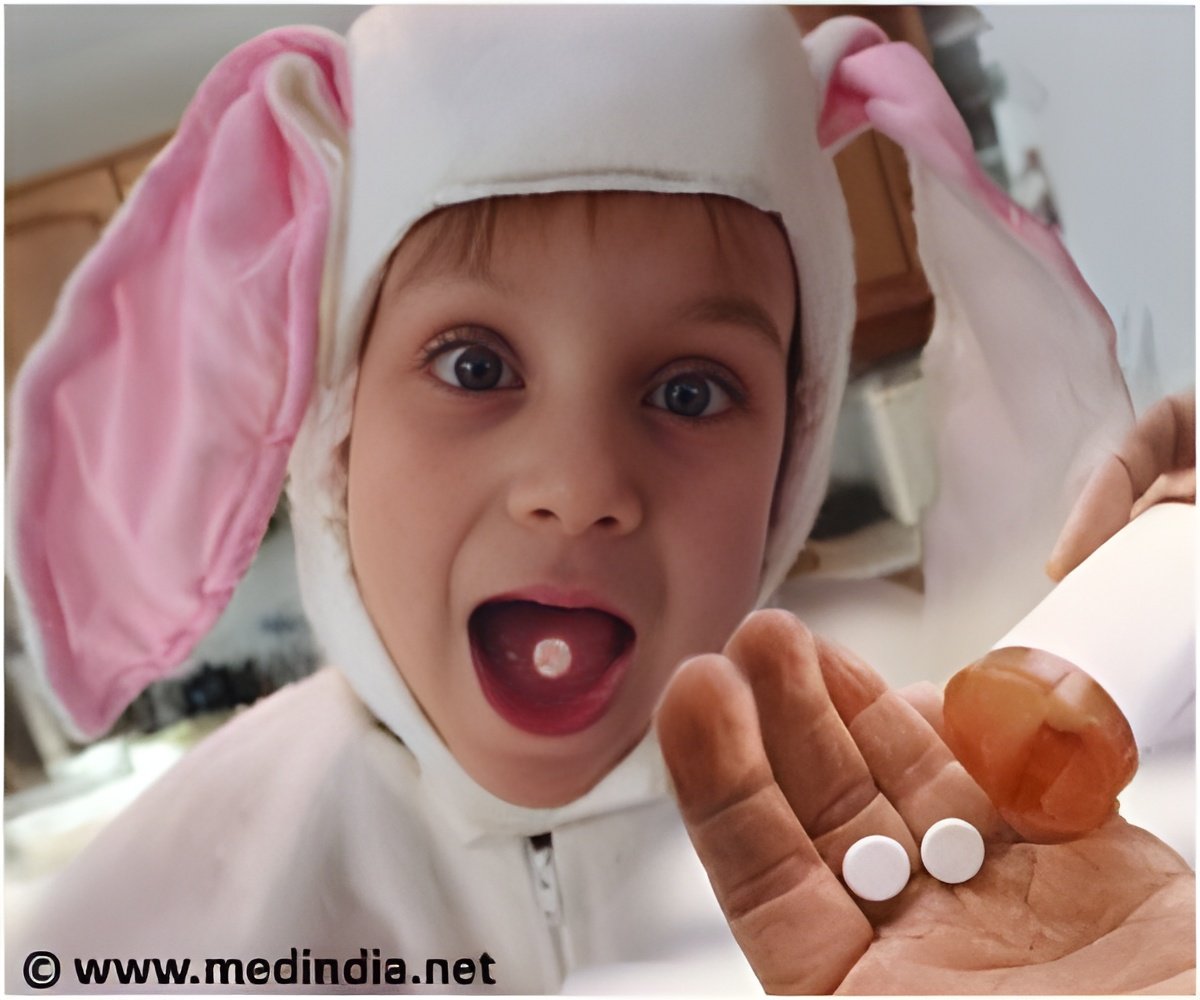Treatment with ADHD medication made children less likely to suffer consequences of risky behaviors such as sexually transmitted diseases, substance abuse.

TOP INSIGHT
Children who are diagnosed with attention-deficit/hyperactivity disorder (ADHD) are known to be at higher risk for risky behaviors such as dangerous driving, drug use and risky sexual behavior.
"ADHD is such a major issue, but no one seemed to be able to give a very definite answer to the long-term effect of the medication," said Chorniy, who conducted the research with Leah Kitashima, a Ph.D. candidate at Clemson University. "For our sample population, we were able to see everyone who had an ADHD diagnosis and track their health over time to identify any potential benefits of the medication or the lack of thereof."
Compared with children who were diagnosed with ADHD but did not receive medication, those who took medication were 3.6 percentage points less likely to contract a sexually transmitted disease, 7.3 percentage points less likely to have a substance-abuse disorder and 2.3 percentage points less likely to be injured. In absolute numbers in a sample of about 14,000 teens diagnosed with ADHD, it translates into 512 fewer teens contracting an STD and 998 fewer having a substance abuse disorder. There also would be 6,122 fewer yearly injury cases for children and teens under 19 years old.
The research is described in an article by Chorniy and Kitashima titled "Sex, Drugs, and ADHD: The Effects of ADHD pharmacological treatment on teens' risky behaviors" published online this month by the journal Labour Economics. The work was supported by a grant from the Social Security Administration to the National Bureau of Economic Research.
While previous research has demonstrated the effectiveness of medications in treating the core symptoms of ADHD, little has been known about the effects of treatment on health, behavioral and educational outcomes in the long run. Evidence so far points to positive effects on some outcomes but not others. A 2014 paper by Princeton economist Janet Currie and other researchers found such treatment was actually associated with a decrease in academic performance, a deterioration in relationship with parents and an increased likelihood of depression. Other work has shown some reduction in hospital visits and police interactions.
The current paper is the first of several research projects in which Chorniy paints a clearer picture of how ADHD is diagnosed and treated, as well as the associated short- and long-term effects of medication. One paper in the works with Currie combines South Carolina Medicaid claims, Vital Statistics records, Department of Education, and Department of Juvenile Justice data to provide an explanation for the rise in ADHD diagnoses and treatment, and look at the effects of recently approved medications for ADHD.
Source-Eurekalert
 MEDINDIA
MEDINDIA



 Email
Email










